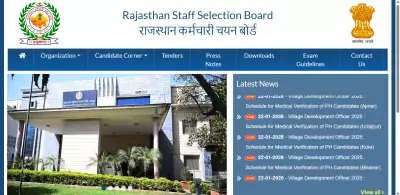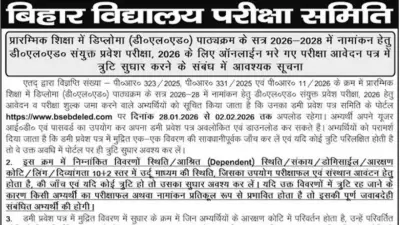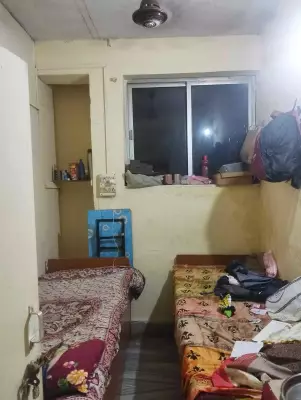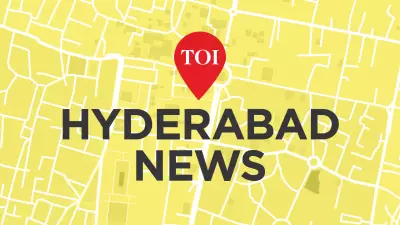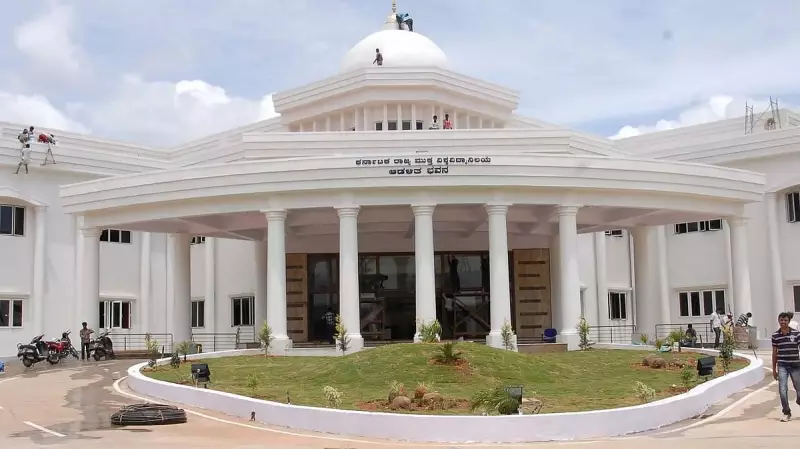
In a dramatic development that has sent shockwaves through the academic community, Karnataka State Open University (KSOU) has been compelled to withdraw admissions for 18 crucial healthcare and allied courses. The decision, triggered by a directive from the University Grants Commission (UGC), affects hundreds of aspiring healthcare professionals across the state.
The admission freeze impacts a wide spectrum of programs including BSc Nursing, Post Basic BSc Nursing, Masters in Physiotherapy, and various pharmacy courses. These programs, which were seeing significant student enrollment, have now been abruptly halted midway through the admission process.
UGC Intervention Forces Course Suspension
The root cause of this educational crisis lies in regulatory compliance issues. The UGC explicitly instructed KSOU to immediately cease admissions to these healthcare programs, leaving the university with no choice but to comply. This intervention highlights the ongoing tension between open universities and professional regulatory bodies governing specialized courses.
University officials confirmed that students who had already completed their admission process and paid fees for the affected courses will receive full refunds. However, the announcement has created substantial uncertainty among students who had pinned their career hopes on these programs.
Widespread Impact on Healthcare Education
The suspended courses represent some of the most sought-after healthcare qualifications in the region:
- BSc Nursing and Post Basic BSc Nursing programs
- Masters in Physiotherapy (MPT)
- Various pharmacy degrees including Pharm D and BPharm
- Allied health science courses
This development raises serious questions about the future of professional course offerings through open university systems in India. The incident underscores the challenges faced by distance education institutions in maintaining regulatory compliance while expanding access to specialized education.
Student Future Hangs in Balance
For affected students, the sudden withdrawal has created academic and career uncertainty. Many had turned to KSOU's open learning model for its flexibility and accessibility, particularly those balancing work and education or hailing from remote areas.
The university administration has assured that they are working to address the situation and explore alternative pathways for affected students. However, specific timelines or solutions remain unclear, leaving students in a state of limbo regarding their educational futures.
This incident serves as a crucial reminder for prospective students to verify the recognition status of professional courses before enrollment, especially in open and distance learning formats. As the situation develops, stakeholders await clearer guidelines from regulatory bodies about the permissible scope of healthcare education through open universities.

